For most young athletes, stepping onto the track at the University of California, Berkeley, is a dream. For Nairobi Smith, it’s also a homecoming. The freshman sprinter is a third-generation Cal student-athlete, following in the footsteps of her father and grandfather, Olympic gold medalist and human rights activist Dr. Tommie Smith. Yet, while she carries a name rich in history, Nairobi’s focus is clear: to build her own legacy, one race at a time.
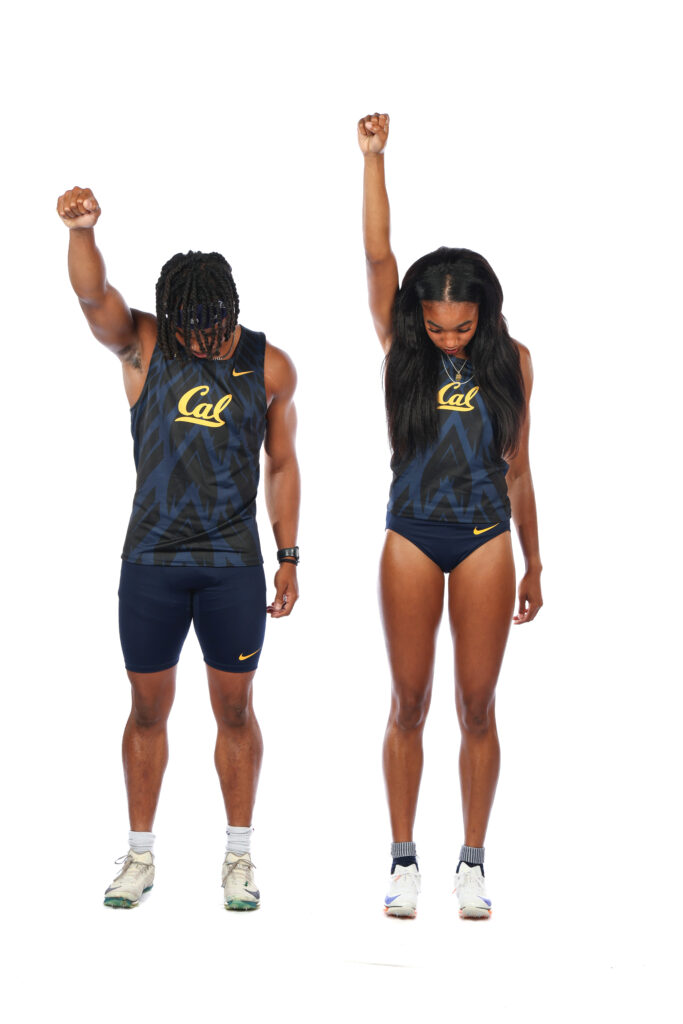
Her journey began long before she wore Cal’s blue and gold. In high school, Nairobi broke the International School of San Francisco records in the 100m, 200m, and 400m, setting herself apart as one of California’s most promising young sprinters. She credits her multi-sport background for shaping her versatility and work ethic. “As a former multi-sport athlete, I was used to adapting and maintaining high levels of performance across many different sports,” she says. “When I started track and field, competing in multiple events came naturally. Expanding across events allowed me to find my strengths within the sport and build momentum as I gained experience.”
That adaptability has continued to serve her well as she transitioned to collegiate competition. “One of my biggest adjustments was getting into the rhythm of full-time track and field and adapting to new coaching styles,” Nairobi explains. “Even with the busyness of it all, I feel thoroughly supported by the quality program from both of my wonderful coaches, Coach Robyne Johnson and Coach Ronney Harrison, and resources like the Cameron Institute, which I’m immensely grateful for.”
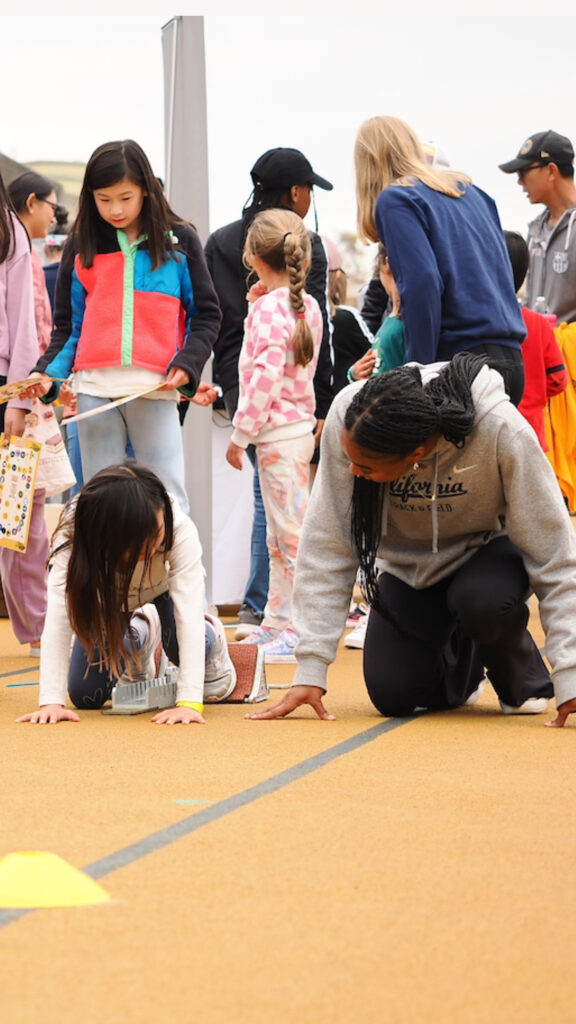
For Nairobi, Cal represents more than an opportunity to compete. It’s a place filled with family history and social meaning. “Given that both my grandfather and my father ran on the same Edwards Stadium track during their competitive years, and now being able to continue that legacy as a third-generation student-athlete with my twin brother, I feel blessed,” she says. “Having my grandfather’s annual Tommie Smith Youth Track Meet take place at Cal, and knowing that Dr. Harry Edwards, who worked alongside him for the Olympic Project for Human Rights, was a professor here, makes this university a very rich place filled with history and passion for me.”
Her grandfather’s legacy remains a constant source of strength and direction. “My grandfather, Dr. Tommie Smith, taking a stand for human rights at the 1968 Olympics, has been one of my pillars of motivation, pride, and drive in all things I do on and off the track,” she says. “His legacy fuels my sense of advocacy and passion for girls and women in sports, and for the equity and equality needed in sports and in life.”
That sense of purpose shapes how Nairobi sees herself as both an athlete and an advocate. “I see my role as carrying forward my family’s legacy while inspiring young girls, advocating for equity in sports, and showing that the lessons we learn on the track can impact life beyond it.”
One of her most defining moments came during her 200m North Coast Section Championship final, where she qualified for her first CIF California State Meet in her debut season. “Being the only athlete to qualify from my high school that year, and one of the first ever in school history, birthed my love for the sport and made me believe that I could go further than I thought possible,” she says. “I ended up being the number six sophomore in California my first year of track.”
As she continues her athletic career, Nairobi remains deeply committed to uplifting others. “I think the visibility of women in sports can continue to grow through impact programs exactly like TrackGirlz,” she says. “When young girls see women competing, leading, and being celebrated, they start to believe they can do it too. We need to highlight women’s stories and not just their stats, and create more women-led mentorship spaces.”

At Cal, she’s putting that belief into action. Nairobi serves as Vice President of the Black Student Athlete Advisory Committee and Community Engagement Coordinator for the Black Student Leadership Council. “Having community, family, faith, and friendship keep me grounded,” she says. “I’m passionate about being a role model for younger girls and younger Black girls, and I’m grateful to be a part of the first team implementing TrackGirlz at the local KIPP Bridge School in Oakland.”
Her ability to balance advocacy, academics, and athletics is rooted in habits built early. “My academic experience has always been a priority,” she says. “I started in a French-bilingual education at the age of four, which taught me discipline and balance early on. Now as an intended Legal Studies major at the number one public university, it’s become a perfect match for balancing my academic and athletic life.”
When she’s not training or studying, Nairobi makes time for reflection. “I love journaling, listening to podcasts, and reading,” she says. “These help me recharge when life moves fast.”
For Nairobi, being a TrackGirl is not only about competition but also about identity and impact. “My advice to young girls aiming to pursue athletics at a high level is to keep going,” she says. “Keep believing in yourself. You belong in these spaces. The hardest days are the ones that make you better. Being a TrackGirl is about more than just running fast. It’s about carrying forward the strength, purpose, and power that came before me. Every race is a reminder that I’m running for something bigger than myself.”
With every stride, Nairobi Smith honors the past while defining the future. She is a young woman grounded in legacy, driven by purpose, and ready to make HERtory in her own name.
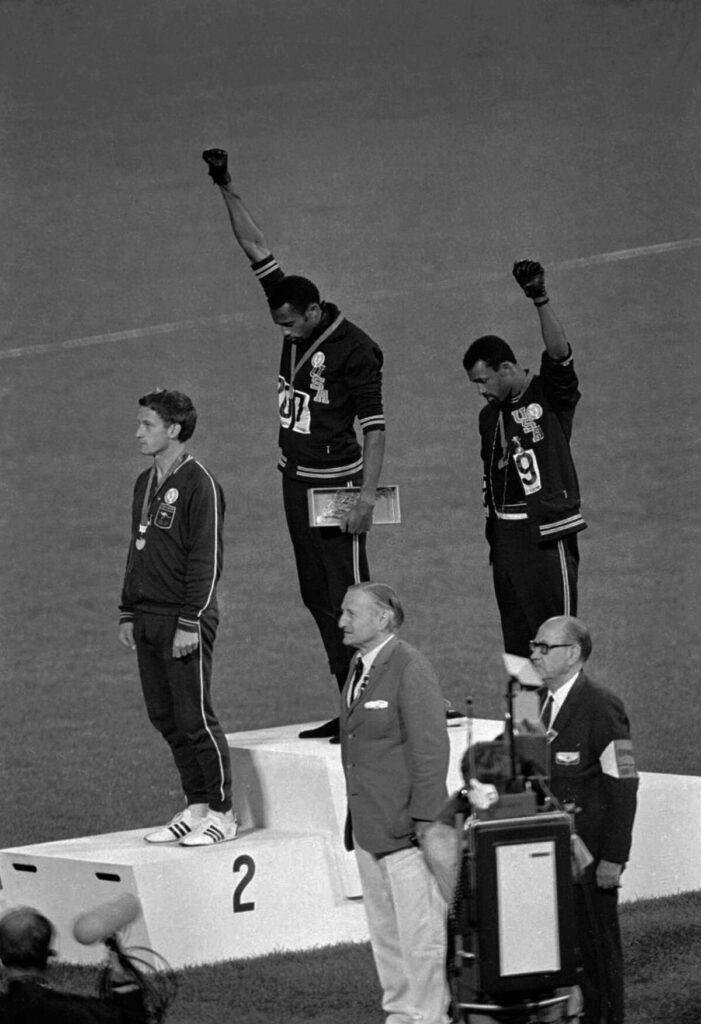


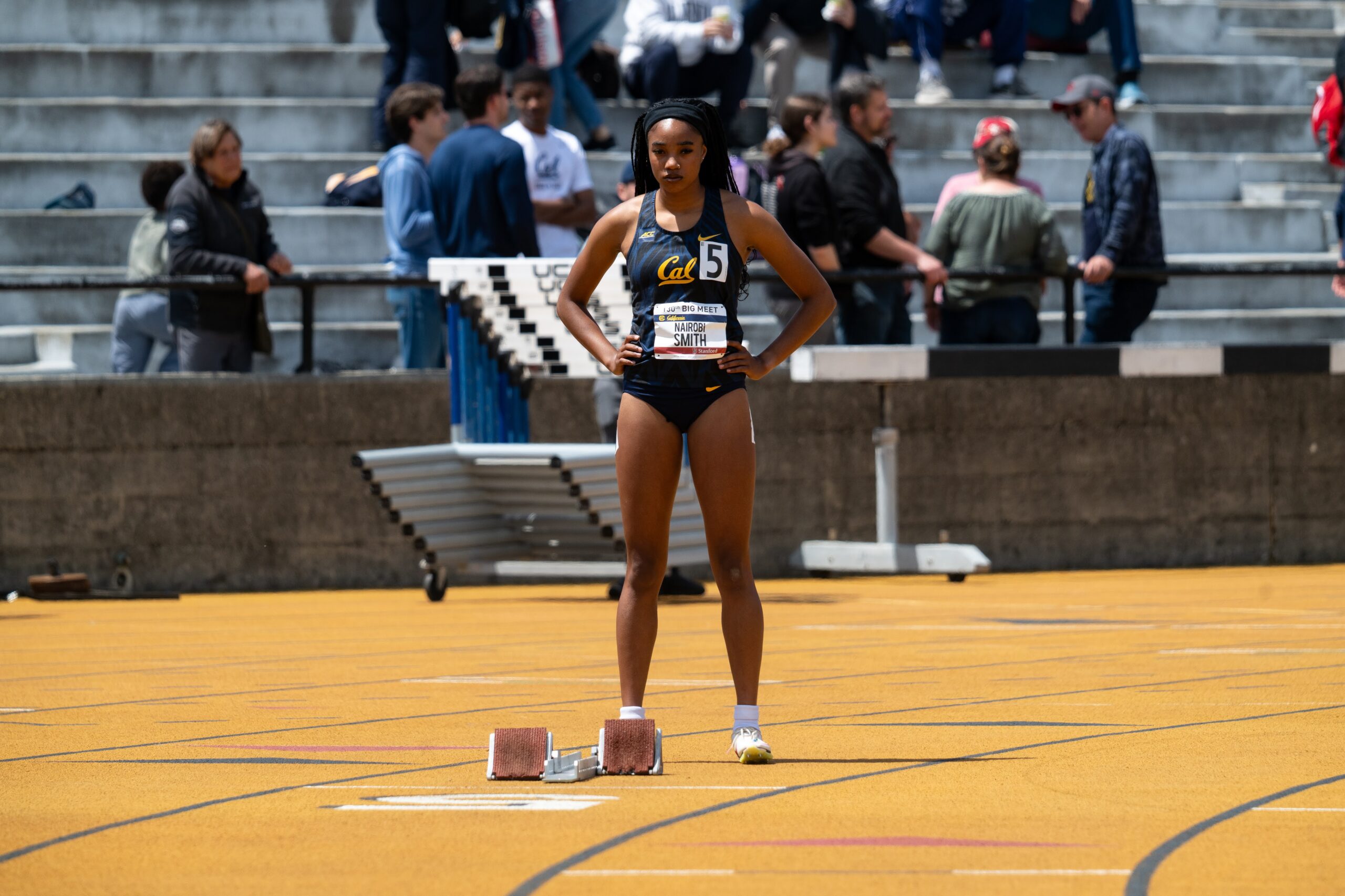
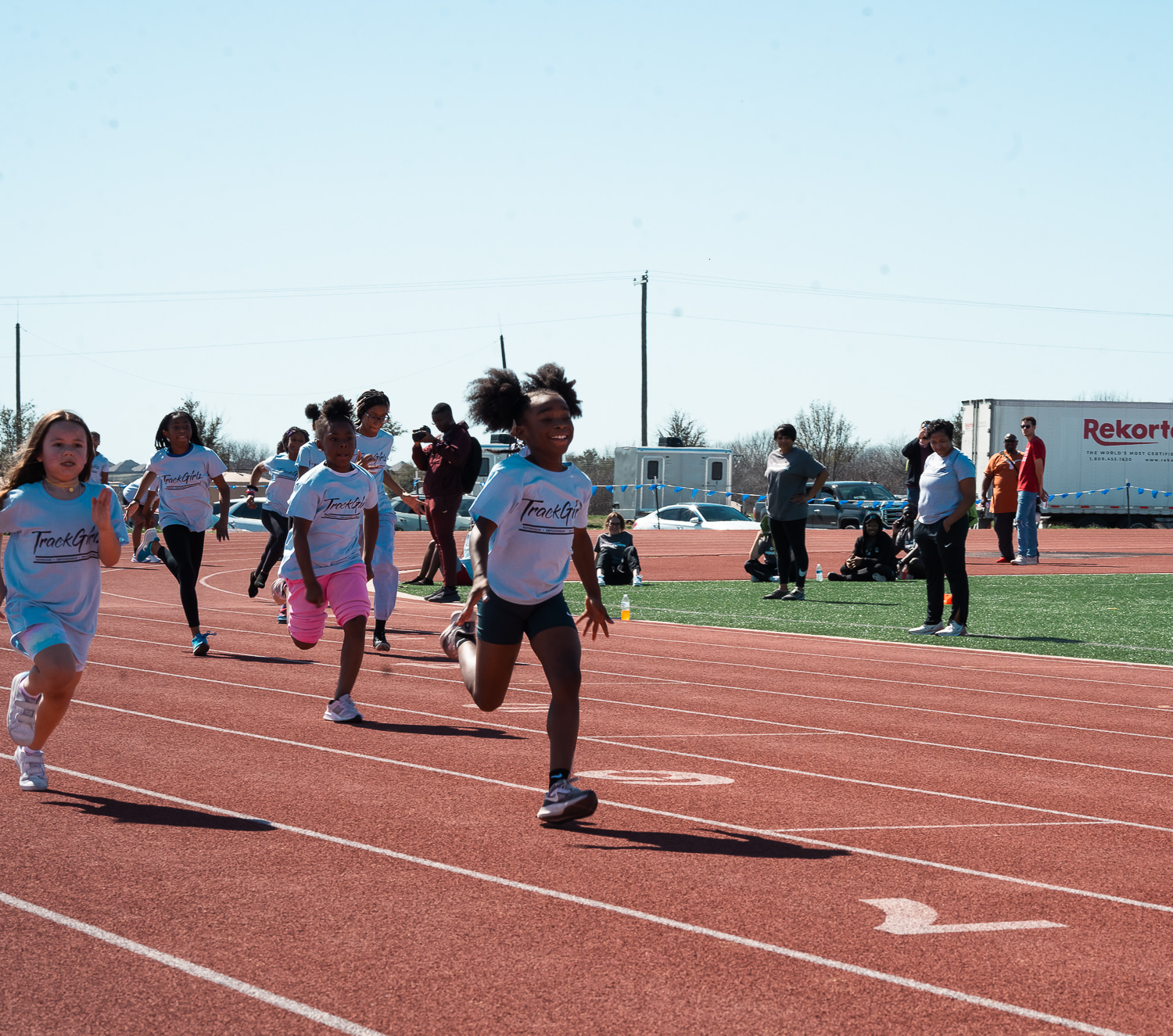
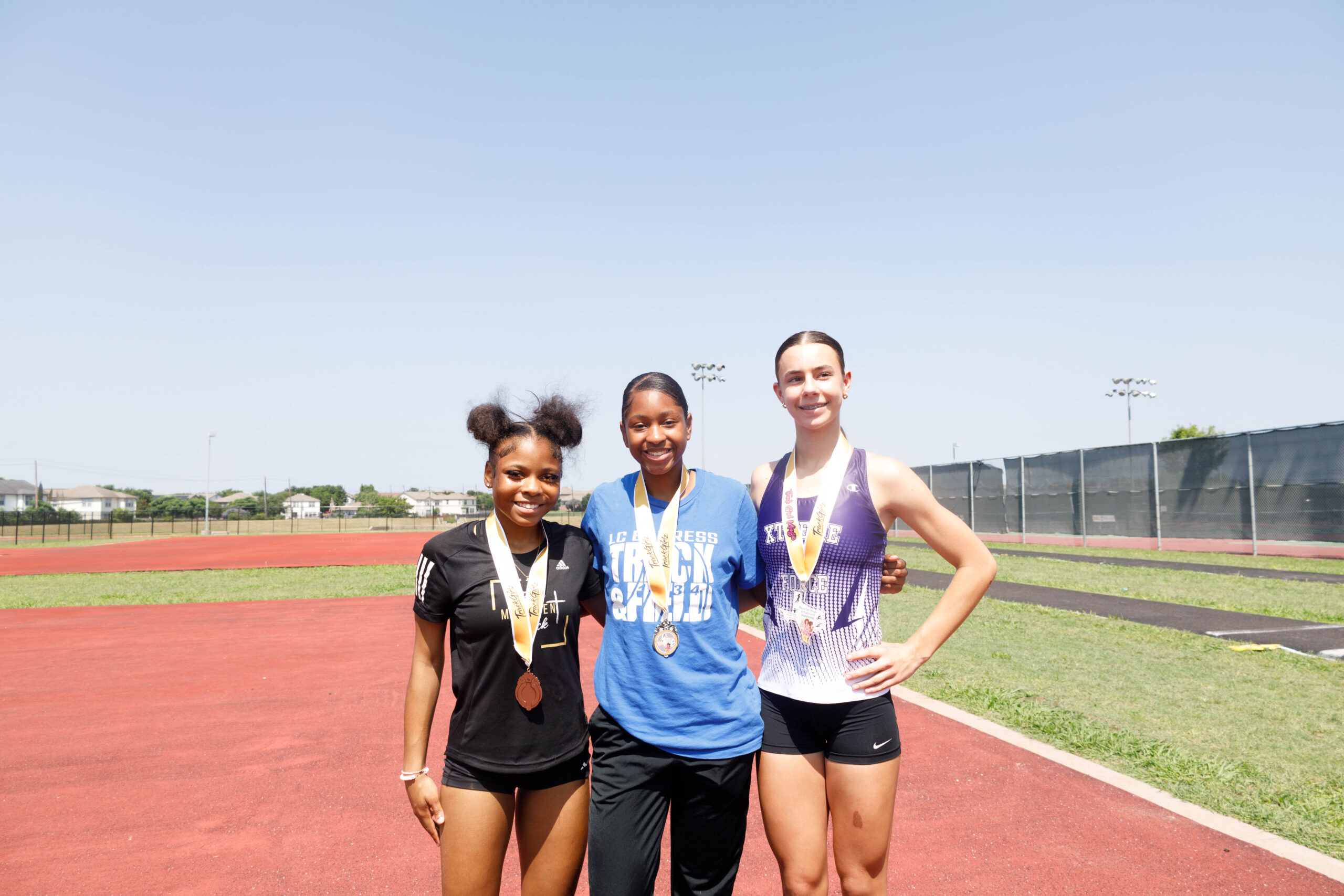
Leave a Reply